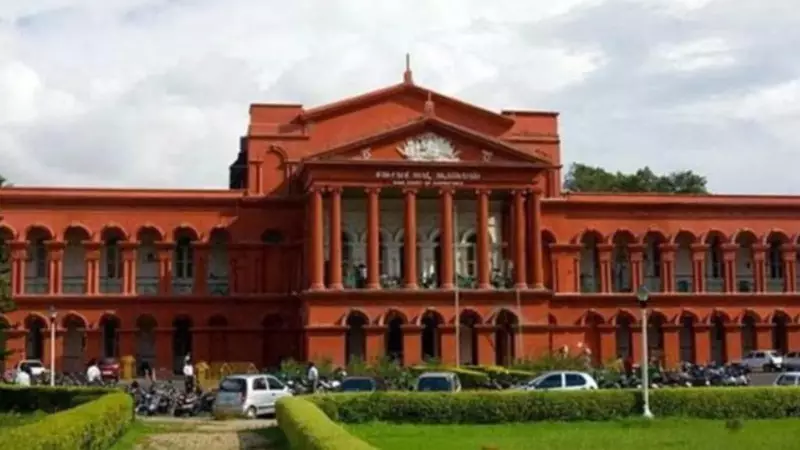
In a startling revelation that exposes critical gaps in prison administration, the Karnataka High Court has uncovered serious lapses in how prison authorities handle convicts released on parole. The court's scrutiny revealed that basic conditions imposed on parolees were being systematically ignored, raising questions about the effectiveness of the entire parole system.
The judicial intervention came during the hearing of a petition filed by a convict who had been granted parole. What began as a routine case quickly escalated into a major expose when the court discovered that prison officials had failed to enforce even the most fundamental parole conditions.
Systemic Failures Uncovered
During court proceedings, it became evident that the problems weren't isolated incidents but pointed to systemic failures within the prison administration. The bench expressed deep concern over how convicts were being released without proper monitoring mechanisms in place, potentially endangering public safety and undermining the justice system.
"The authorities seem to be treating parole as a mere formality rather than a carefully monitored privilege," the court observed, highlighting the casual approach that has apparently become normalized within the system.
What This Means for Prison Reforms
This case has far-reaching implications for prison reforms in Karnataka and potentially across India. The court's findings suggest:
- Inadequate monitoring of parolees
- Lack of accountability among prison officials
- Potential risks to public safety
- Need for comprehensive reform in parole procedures
The High Court has made it clear that mere release on parole cannot be the end of the responsibility for prison authorities. Proper supervision and strict adherence to conditions are essential components of the parole system that cannot be compromised.
The Way Forward
While the court stopped short of prescribing immediate solutions during this hearing, the strong observations indicate that significant changes are imminent. The judgment is expected to trigger a much-needed overhaul of parole procedures and monitoring mechanisms across Karnataka's prisons.
This case serves as a wake-up call for prison administrations nationwide, emphasizing that judicial oversight remains crucial in ensuring that correctional systems function as intended—rehabilitating offenders while protecting society.





